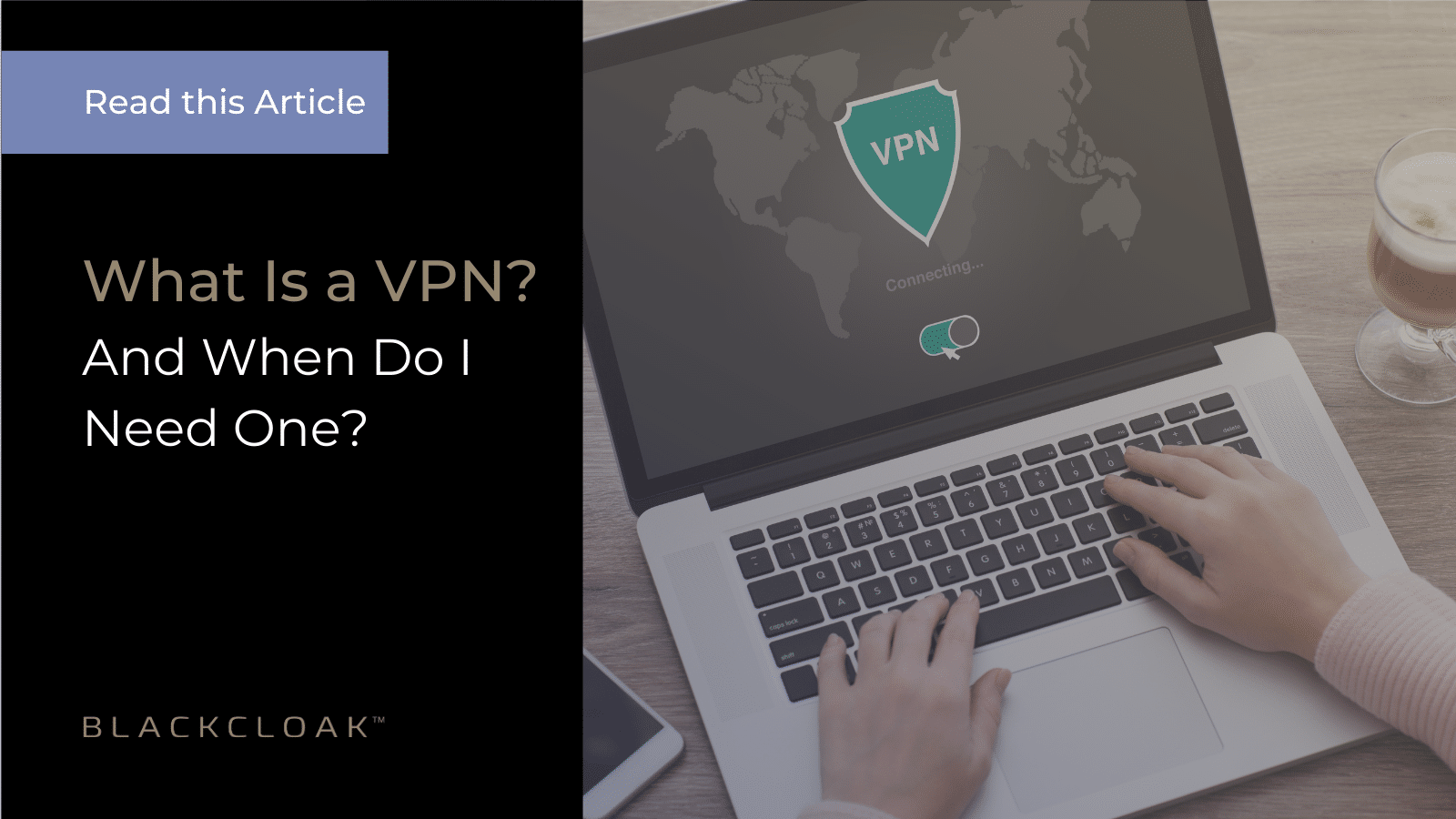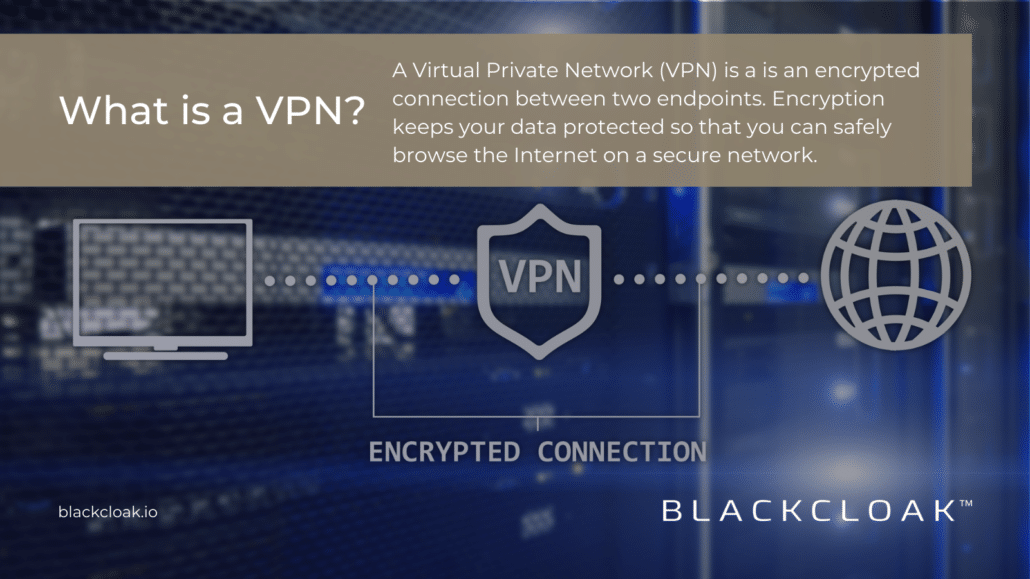What Is a VPN and When Do I Need One?

Virtual Private Networks (VPNs) are not just a new technology buzzword. They’ve been around for quite some time, but their popularity has gained increased momentum over the last few years. Currently, over 25 percent of all Internet users use a VPN.
You’ve probably heard talk about them before, in the media or promoted by a tech-savvy friend. And if you spend any time on the Internet, ads encouraging you to download and use a VPN are commonplace.
But VPNs are not just a trending technology. They’re one component of a larger plan to ensure privacy and security in an increasingly dangerous digital realm. And with a growing concern over data security both in the office and in the home, the VPN market is estimated to be over $30 billion in 2021 and reaching $35 billion in 2022.
But what is a VPN? What does a VPN do? Those are good questions, and they will certainly be answered. But another important question you’ll want to ask yourself is, “When should I use a VPN?”
The answer will surprise you because a VPN is warranted less often than you might think. But first, let’s answer the main question.
What Is a VPN?
As the name implies, a virtual private network offers improved security when using the Internet. It is an encrypted connection between two endpoints. VPNs once had a bad reputation as they were a primary tool for users who wanted to illegally download music or stream movies through torrent sites. The VPN kept their IP address and other transmitted data hidden so that they couldn’t get in trouble with their Internet Service Providers. But a virtual private network is much more than a simple tool for movie buffs. Many organizations require employees to connect to the corporate network via a VPN when working remotely.
What Does a VPN Do?
Aside from keeping your IP address hidden from trackers and loggers on various websites, it also encrypts all data sent to and from your network. Encryption keeps your data protected so that you can safely browse the Internet on a secure network.
Without a VPN, all your internet traffic is at risk of being exposed. Your IP address and Internet activity are logged by various websites and potentially many others. This includes government agencies, hackers and cybercriminals, and anyone else you are sharing the network with.
If you value your privacy and security, a VPN is a worthwhile and relatively inexpensive investment. A VPN will keep your Internet traffic safe from prying eyes and prevent your online activity from being traced back to your location.
Why Should I Use a VPN?
For starters, always use a VPN when on a public Wi-Fi network. You’d be surprised how many hackers set up fake hotspots, or hack into existing ones. When you use a public Wi-Fi network you increase the risk of having your online activity seen by cybercriminals. However, with a VPN in use, you can browse the Internet safely and privately.
We don’t typically recommend using a VPN when you’re at home. When on the virtual private network, it will display a different IP address than your home IP address. Some internet service providers actually block the sending and receiving of emails if the home and device IP addresses do not match. We’d hate for you to be unable to send or receive emails! If you’re concerned about websites and advertisers tracking you when you’re on your home Wi-Fi, consider a privacy-focused web browser, like Brave, and/or a search engine like Duck-Duck Go.
A virtual private network is also useful for disguising your location, enabling you to conduct online activity safely when in another country.
How Do I Get a VPN?
VPNs are easy to get — there are plenty on the Internet to choose from. However, take the time to conduct your due diligence. Read reviews and compare pricing plans before deciding. There are free virtual private networks available, but their level of security will not be as powerful as others so they aren’t recommended. If you are a BlackCloak client you may have a VPN included in your plan. If not part of your plan, BlackCloak can offer recommendations.
In Conclusion
In today’s risky digital landscape, it just makes sense to use a VPN for an additional layer of security especially when you’re on public Wi-Fi. Other business and travel use cases may also benefit from using a virtual private network.
To learn more about VPNs and other tools, you can use to improve your privacy and security, contact BlackCloak, a cutting-edge concierge cybersecurity and privacy platform.










